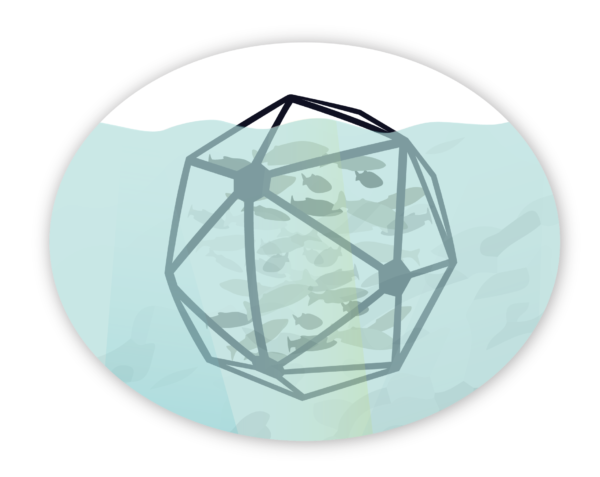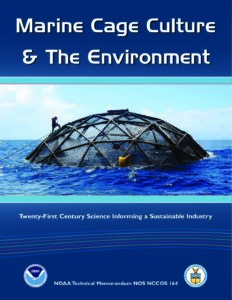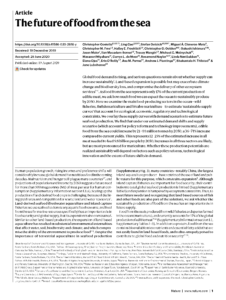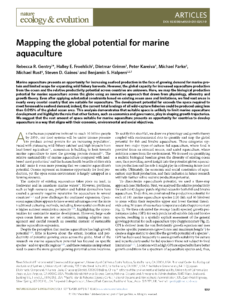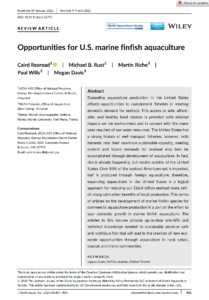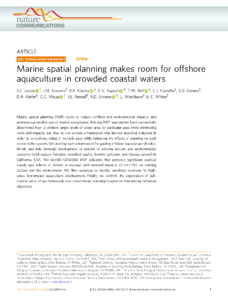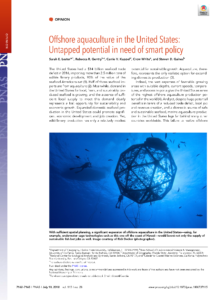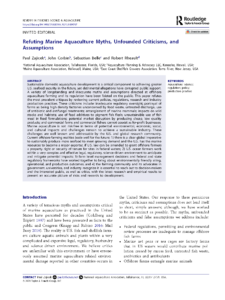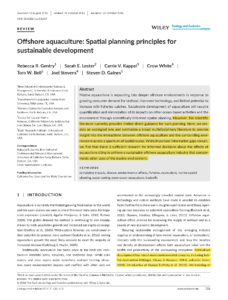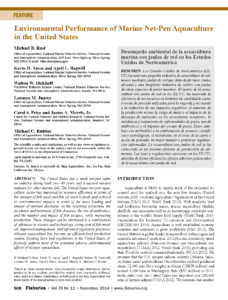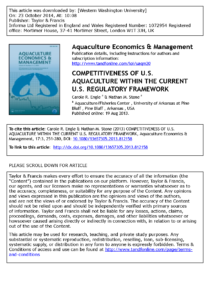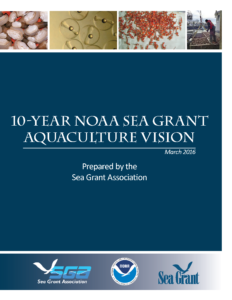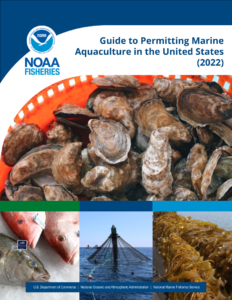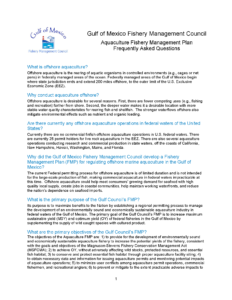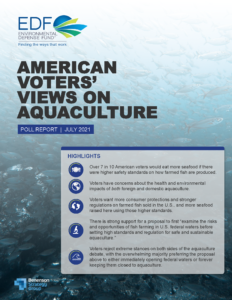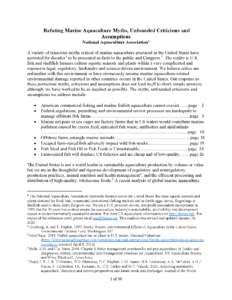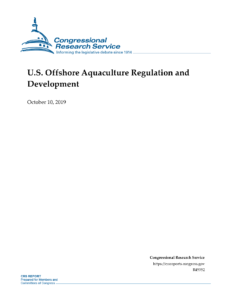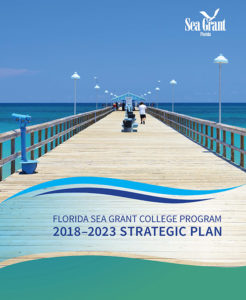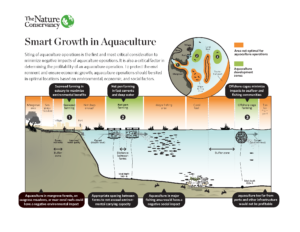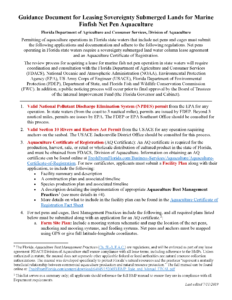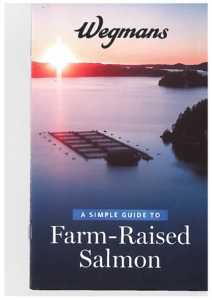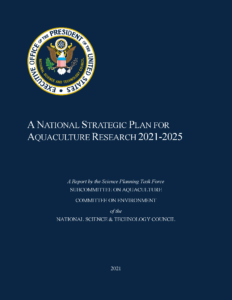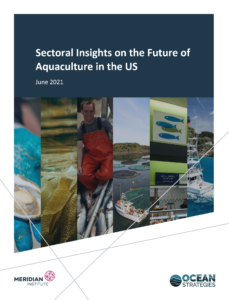Florida Sea Grant works to educate stakeholders and the public about offshore aquaculture, and the progress, goals, and impacts of its current projects.
NOAA Office of Aquaculture supports the goal of a well-informed public by investing approximately $20 million annually to support aquaculture, research, education, and engagement. Florida Sea Grant manages the resulting Florida-based projects and supports collaborative, multidisciplinary research partnerships involving academia, private industry, and federal partners.
To communicate the current state of knowledge about offshore aquaculture, Florida Sea Grant has partnered with Ocean Era on the Velella Epsilon Project, a pioneering offshore aquaculture project in the southeastern Gulf of Mexico. This project will deploy and operate a single, small-scale demonstration fish net pen to collect data to inform policymakers, the public, and fishing industry interests about offshore aquaculture while documenting the process for future applicants to follow.
Florida Sea Grant will work to engage in active public outreach with the goal of educating stakeholders and the wider community about the current state of knowledge of offshore aquaculture including making available pertinent offshore aquaculture information and resources, and the environmental monitoring data from waters surrounding the array.

